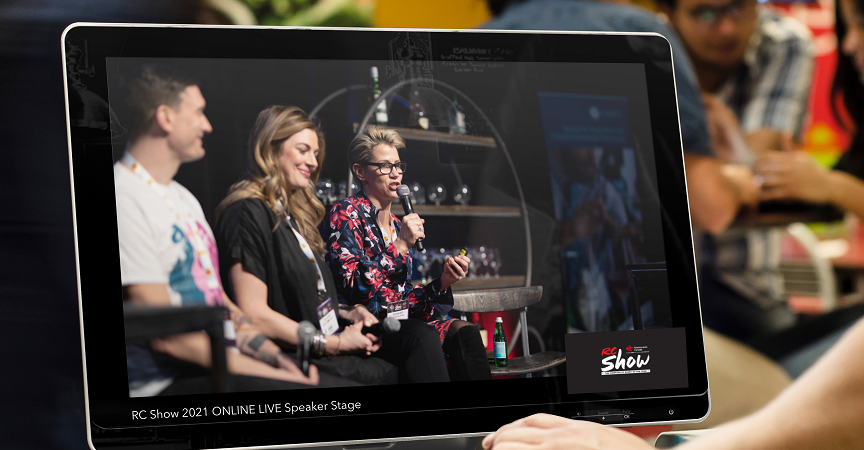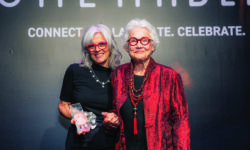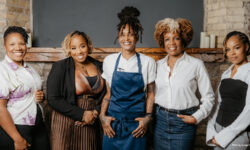Foodservice & Hospitality Leaders Weigh-in on the Industry’s Most Pressing Issues from RC Show 2021
This year’s RC Show comes at a pivotal time. Provinces across Canada are at different stages of reopening, guidelines are constantly changing, and we’re all still living with the general feeling of uncertainty for what the future holds.
This year’s Show will focus on some of the major themes and issues that are facing this foodservice industry during this challenging time and bring in experts and leaders from across the continent who are paving the way for success.
We gathered a few of these pioneers, including:

Nivera Wallani, President & General Manager at KFC Canada at Yum! Brands: Catch Nivera as part of RC Show 2021’s CEO Panel: Quick Service Restaurants on the Speaker Stage on Monday, March 1st at 9:30 a.m.
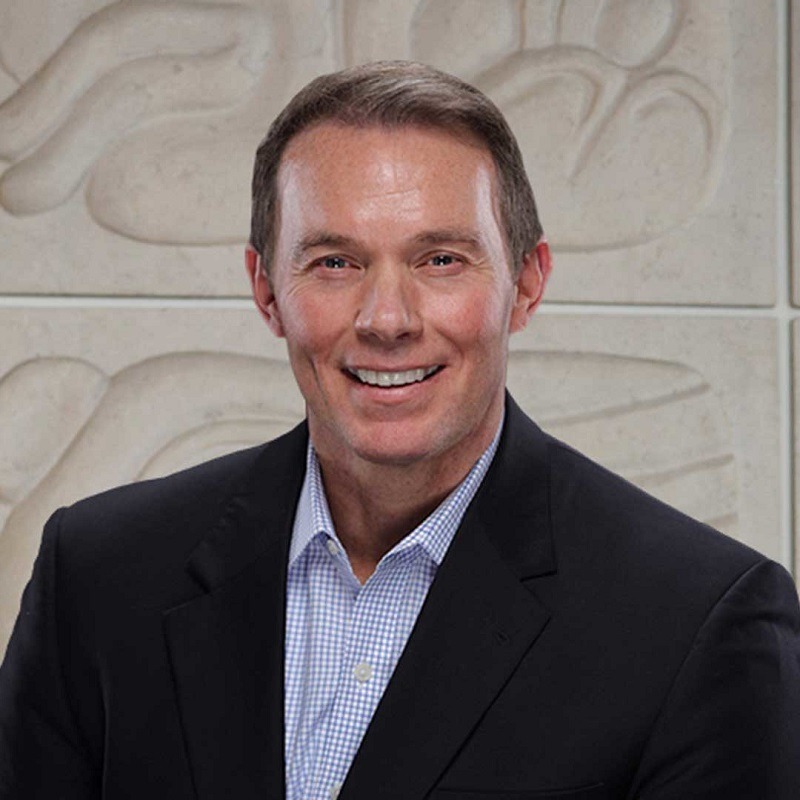
Scott Boatwright, Chief Restaurant Officer, Chipotle: Scott will be present on the CEO Panel: Fast Casual Restaurants at RC Show 2021. Catch him speak on Tuesday, March 2, 11:00 a.m.-12:00 p.m. on the Speaker Stage.

Patrick Saurette, Co-Owner, The Marc Restaurant Group Ltd.: Hear Patrick speak at RC Show 2021 on the “Canada’s independent leaders talk the fate of the independent restaurant” panel taking place Sunday, February 28, 12:00 p.m.-1:00 p.m. on the Speaker Stage.
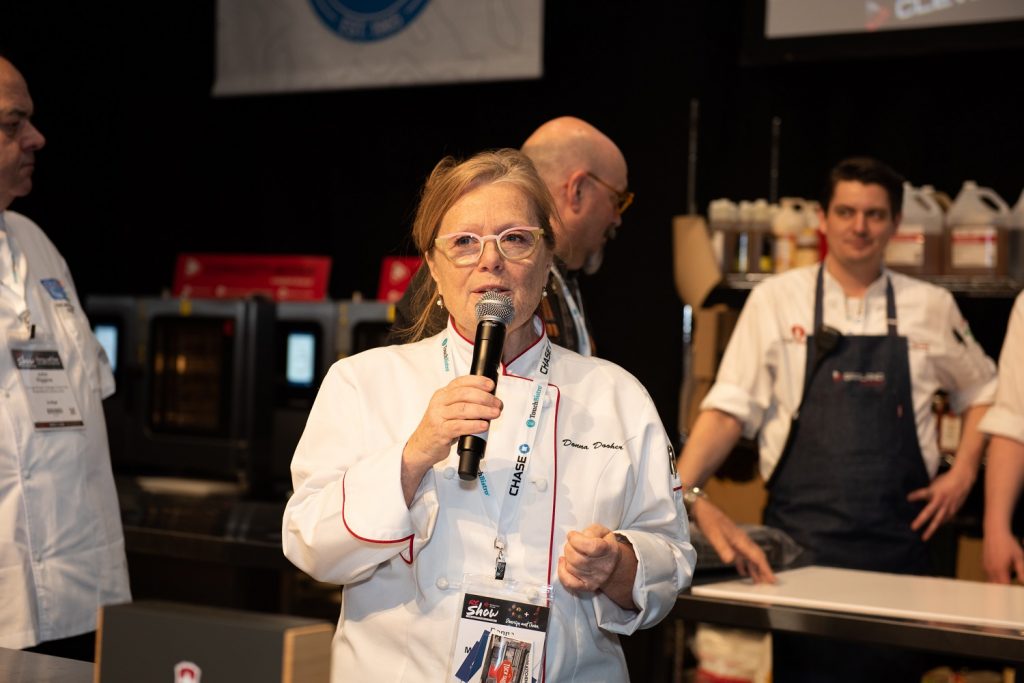
Donna Dooher, Owner, Mildred’s Temple Kitchen: Donna Dooher will be speaking on RC Show 2021 ONLINE LIVE’s “Canada’s independent leaders talk the fate of the independent restaurant” panel on Sunday, February 28, 12:00 p.m. -1:00 p.m. on the Speaker Stage.
Brenda O’Reilly: Co-Owner & President, YYT Foodservices: YellowBelly Brewery & Public House, O’Reilly’s Irish NL Pub, YellowBelly at YYT: Hear Brenda speak on ”Canada’s independent leaders talk the fate of the independent restaurant” panel at RC Show 2021 ONLINE LIVE.
Sunday, February 28, 12:00 p.m. -1:00 p.m. on the Speaker Stage
Keep scrolling to get their insight on a number of hot-button topics: ghost kitchens, labour, liquor and licensing, mental health, and retail.
Ghost Kitchens
How did COVID accelerate the ghost kitchen trend?
COVID likely accelerated experimentation with ghost kitchens as brands were forced to pivot from their traditional operations. But the sole purpose of the ghost kitchen model is to increase access and ease – and these consumer habits and expectations will most definitely last long into the future. The opportunity for brands is then to ensure they remain dedicated to becoming even more accessible and easy to get, whether they leverage the ghost kitchen model or look to new and innovative ways to achieve those goals.
- Nivera Wallani
For all intents and purposes, our restaurant is a ghost kitchen. We’ve been in lockdown here in Toronto since October 10th with no customers coming into the dining room or patio for sit down meal experience. Our kitchen is strictly flat-out production for take-away and pantry. I can see how ghost kitchens will continue to evolve and take hold.
- Donna Dooher
Labour
What actions did you take to ensure you’re keeping up staff morale for long-term benefits?
I offered more flexibility with schedules and shorter shifts. I ensure to keep them informed in an effort to ease their stress. I always tried to stay positive when communicating with staff.
- Brenda O’Reilly
What are the benefits to your bottom line to ensuring a positive workplace?
A positive workplace should be first and foremost in every operator’s mind. We’re seeing a monumental mind shift taking place in the hospitality workforce and the pandemic has accelerated many changes that have been slow to take hold. If one can’t make the connection between a positive workplace and a solid bottom line then they should close their business now.
- Donna Dooher
The employee experience continues to be a key focus area for businesses. Studies show that employees with a positive work experience are 32% more likely to perform at a high level and 52% less likely to leave. Critically, they are also 73% more likely to go above and beyond in their roles and devote the kind of discretionary effort that leads to business success. (Globoforce and IBM, survey)
Employee well-being also strongly impacts how they will perceive their work. That’s why at KFC we put a high priority on our employee value proposition. Studies show that companies who invest in wellness programming report a 40% drop in absenteeism. (Benefits Canada). Additionally, more than 60 percent of employers said well-designed wellness programs have a return on investment of $1.50 to $3 per dollar spent over a two-to-nine-year timeframe. (The work Comp Experts, Survey)
- Nivera Wallani
How can businesses support and empower their managers when it comes to ensuring staff wellness?
Business owners hopefully are continuing to enrich their safety and hygiene protocols during these times. We must realize the extra expenses and time required to adhere to health officials’ directives are critical for staff safety. The support we give managers in the hard products, trust and enforcement of the temporary measures build us up for success as we attempt to safely emerge from this very difficult time.
- Patrick Saurette
Liquor & Licensing
Have the changes to liquor regulations benefited your business during the pandemic? How so or why not?
The opportunity to sell liquor off site with our curbside offerings has been a great adjustment and an advantage to our bottom line. Wine pairings and cocktail kits keep our creativity honed, our relationships with distributors alive and we sincerely hope these measures will continue post pandemic.
- Patrick Saurette
I thought they would benefit us more, but I can still see the opportunity to add more options to our take-out & delivery menu. In NL we need them to increase the discount to licensees & off it on beer bottles, cans, and kegs.
- Brenda O’Reilly
What operational changes did you make in response to liquor rules/regulation changes, can you speak to the success/results of these changes?
Like most operators, we started offering cocktail kits and beverage pairings with our take-out and pantry items. Our restaurant is located in the same building as an LCBO – so competing with a monolith requires very clever marketing initiatives.
It’s been moderately successful from a selling standpoint but as we liquidate our inventory we have discovered the true cost of housing a wine cellar and that we still undervalue the retail price of our wines. Unfortunately, I don’t believe consumers would take to price increases on wine menus – maybe on food.
- Donna Dooher
Mental Health
How can businesses support and empower their managers when it comes to ensuring staff wellness?
It is critically important that organizations recognize, celebrate and invest in their employees – not just during a global pandemic but as an ongoing best practice. At Chipotle we strongly believe that employees are the backbone of our business and continually analyze and evolve our benefits, like the addition of access to mental health care and the option to earn a debt free college degree. Chipotle also offers three paid sick days starting on the first day of employment so there is no accrual period – we have found this a valuable benefit to build a culture that cultivates wellness. Consider what you can do or change to best serve your workforce – it is not always easy, but it is crucial to create and maintain a culture of wellbeing where employees feel safe, valued and heard.
- Scott Boatwright
What resources or support have you provided to your staff to foster good mental health practices?
At KFC, employee mental health is one of our guiding principles. Our Employee Value Proposition is focused on 3 elements, “Be Your Best Self, Make a Difference, and Have fun.”
We strongly believe that for employees to be their best self they need to feel whole in all aspects of their life. Our internal Wellness program focuses on healthy living by addressing the physical, nutritional, financial, and mental well-being of our employees to allow them to be their best selves in both their personal and professional lives.
This comes to life in different ways across our Franchise system – but we’re proud of the unique culture we’ve built and really lean into building relationships, building trust and credibility with our employees through collaboration as well as open, honest conversations. We have a one-team mindset where we focus not only on the growth of the brand but growth for our franchisees, their teams, and their organizations.
- Nivera Wallani
Retail
Can you speak to the need for creativity when pivoting during the pandemic?
As independent operators running full-service dining experiences we find ourselves thrown into a red ocean of takeout and delivery options. Much of our takeout is based on existing menu offerings which puts us at a higher price point in a market place of much lower average spends. We’re now competing with brands that excel at efficiencies along with scale and volume to reduce supplier and operational expenses. Creativity is key but our customer service remains our greatest asset. We continue to build on the base we had before the lock-down, ensuring repeat and referral business.
- Donna Dooher
Do you think COVID accelerated the retail trend for the foodservice industry? How will this trend fare in 2021?
In the past restaurants were the innovators. Retail food followed our trends then set about bringing them to larger audiences with a different cost model. Today we’re no longer just innovators; we’re art directors, shooting photos and videos of our products, we’re processors, navigating packaging and labelling guidelines, we’re B2C and B2B enterprises pushing new technologies. But it’s a very competitive landscape and I believe many will abandon these initiatives when we get back to fully operate as full-service dining rooms. We’ll no doubt experience a spike in pent-up demand for eating out that will distract many operators from following through with these initiatives.
- Donna Dooher
Covid accelerated 10 years of change within 10 months – from digital innovation to consumer purchasing habits. The habit shifts which I can confidently predict will be permanent are the ones that make our lives easier. Most notably: The shift of purchasing through digital commerce will continue as a trend post-COVID. COVID motivated brands to ramp up their e-commerce capabilities and innovate much faster than we have in the past while accelerating the adoption of new technologies across the industry.
Digital has also reached a new audience of consumers – casting a wider net of reach. The shift in technology has not only enhanced the guest experience, but also the team member experience across all access channels, including drive-thru, takeout and even dine-in.
Consumer purchasing habits are evolving. With ‘stay at home’ orders in place, we have seen a surge in people looking for comfort and familiarity. This has also resulted in a shift from individual occasions to group occasions and value becoming an even bigger driver in foodservice.
- Nivera Wallani
Can you name some easy-to-implement activities or efforts you’ve installed during the pandemic? Are there any you plan to keep?
We have had great success with meal kits and special events that build on our ‘restaurant activities’ that we have built over the years like our Sunday Supper Club. We create multi-course meals prepared ⅞ of the way that guests ‘finish and assemble’ at home.
We include all the items labelled along with instructions in premium packaging to be picked up earlier in the day. We then have a planned Zoom call where the Chef and myself unpack the bags and describe the simple instructions, chat about the wine we selected, and connect with our ‘friends’ during these trying times. It creates an experience at home that mirrors our food and guest expectations.
- Patrick Saurette



